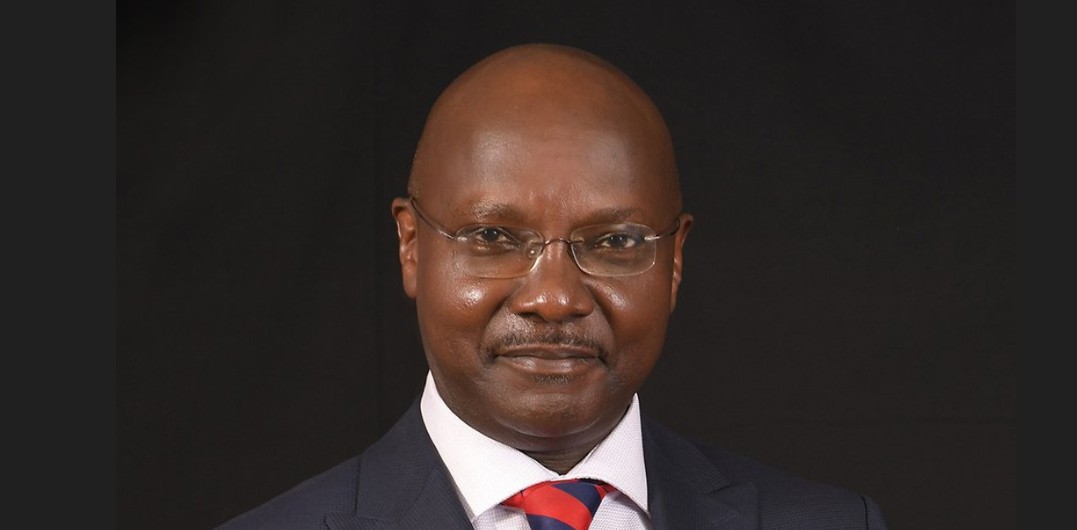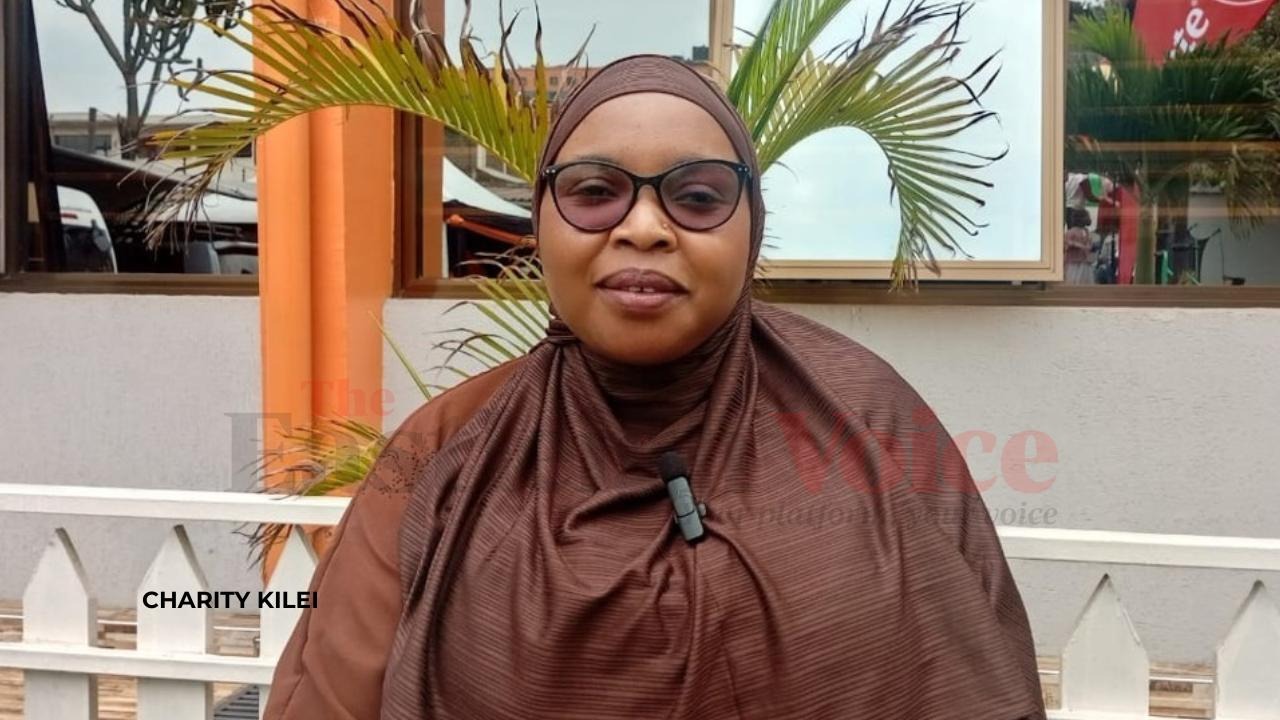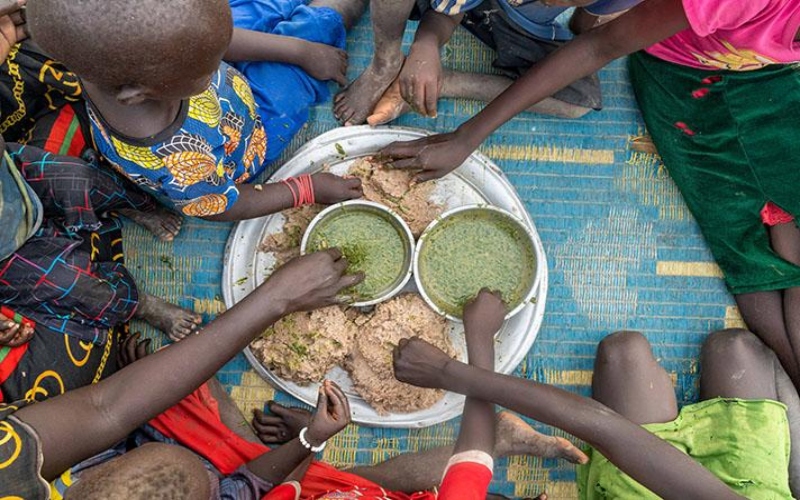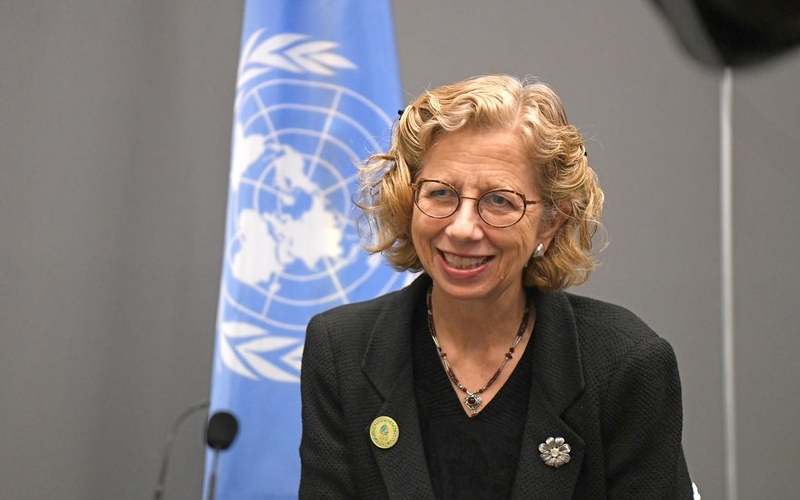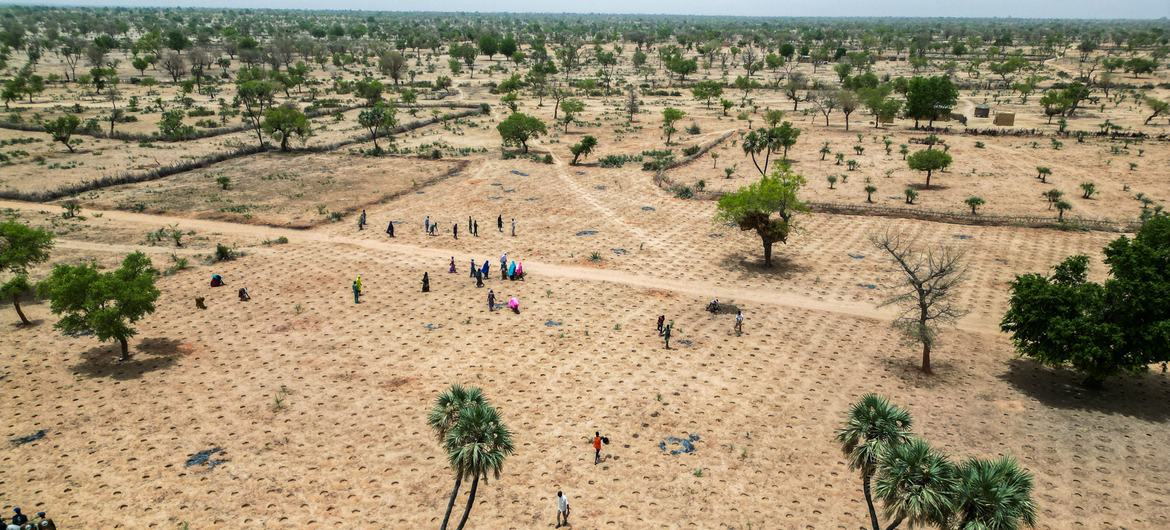Coast schools urged to offer marine courses as CBC ushers in blue economy focus for senior secondary
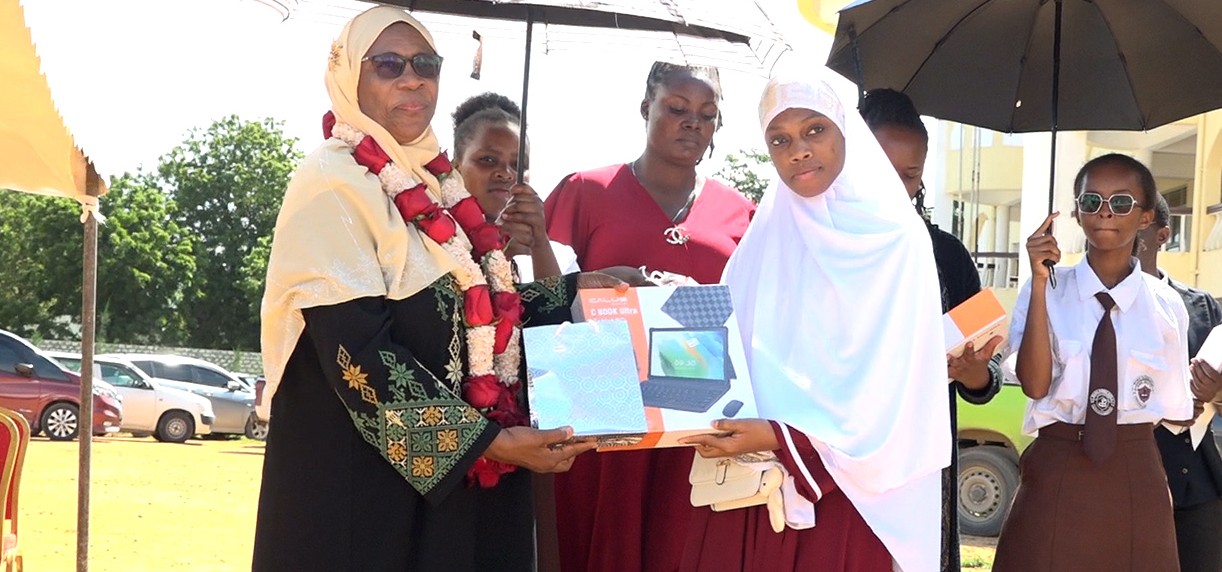
Education stakeholders have asked parents to play an active role in guiding their children through this transition and helping them align their academic choices with future career aspirations.
Schools along Kenya’s Coast have been urged to introduce marine-related courses within their technical education programmes, aligning with the government’s efforts to advance the Blue Economy.
The call comes ahead of a major shift in the country’s education system, with Grade 10 learners set to begin their Senior Secondary phase in January 2026 under the Competency-Based Curriculum (CBC).
More To Read
- Court judgments mount as Fisheries Department faces growing legal liabilities
- AfDB approves Sh9.4 billion to boost science, technology among Kenyan youth
- New national marine spatial plan aims to protect Kenya’s oceans and communities
- Experts converge in Mombasa to tackle marine pollution, boost blue economy
- KCSE to start November 2 as Education Ministry unveils 2026 academic calendar
- TSC to send unemployed teachers overseas under new framework
Technical University of Mombasa vice-chancellor, Prof Leila Abubakar, emphasised the importance of Coastal institutions adopting marine studies under the technical track, citing the government's growing focus on harnessing opportunities in the blue economy.
“That’s a field the region should take seriously. We need to start offering such courses in our schools,” she said.
With the new system, students will select one of three key pathways: STEM (Science, Technology, Engineering and Mathematics), Social Sciences, or Arts and Sports Science as they progress to senior school.
Education stakeholders have asked parents to play an active role in guiding their children through this transition and helping them align their academic choices with future career aspirations.
Prof Leila hailed the CBC model as a transformative shift from the conventional 8-4-4 structure, noting it focuses more on talent development, practical learning and creativity.
Transformative shift
“Although there were challenges at the onset, schools and teachers have now become familiar with the pathways and are better positioned to guide learners,” said Prof Leila.
She pointed out that the idea of academic streams is not entirely new, recalling that the old 7-4-2-3 system had a similar structure at A-level.
“We expect a smooth transition. Students will no longer be stuck with subjects that don’t align with their strengths. Instead, they’ll build expertise in areas they enjoy and are likely to excel in,” she added.
Mama Ngina Girls’ High School is among the national schools gearing up to implement all three pathways once the shift to senior secondary takes effect. Chief Principal Mwanahamisi Omar said the school is well-prepared for the upcoming change.
“We are ready and willing to implement the new curriculum. We urge parents to walk with us and support their children through this journey,” she stated.
County Director of Education, Samuel Kiragu, echoed these sentiments, saying many schools in the Coast region are in a strong position to implement the curriculum pathways and should work closely with parents to ensure learners make informed choices.
Top Stories Today


